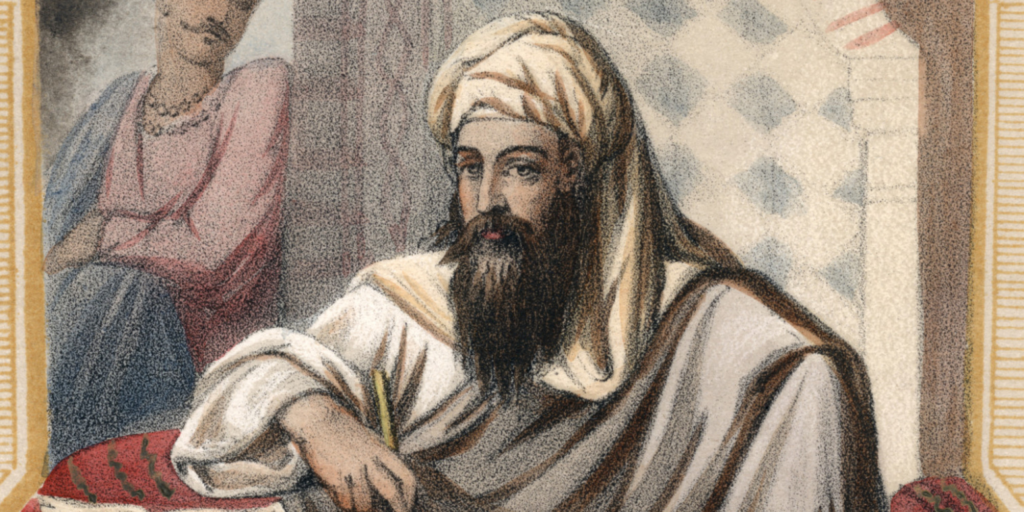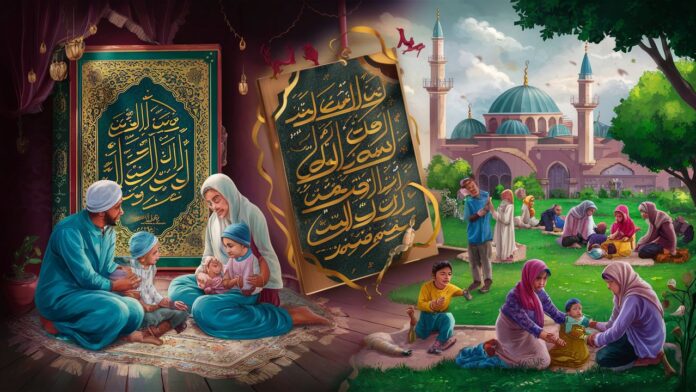Have you ever wondered about the enigmatic facets that cloak the essence of Islam? The layers of history, theology, and cultural influence create a complex tapestry that is too numerous to mention. What lies beneath the surface of this global religion, and how does it navigate the contemporary world? Let’s embark on a journey to peel back these layers and delve into the heart of Islam.
Historical Foundations
In exploring the historical foundations of Islam, we find ourselves on a captivating narrative that has shaped civilizations across centuries. The birth of Islam, marked by the profound life of Prophet Muhammad, stands as a pivotal moment in history—a spiritual journey that reverberates through time.
Life of Prophet Muhammad

Born in Mecca, Muhammad’s early years were characterized by profound spiritual contemplation. His journey took a momentous turn with the receipt of revelations from Allah through the angel Gabriel, culminating in the compilation of the Quran. The challenges faced by Muhammad, from persecution to triumphs, weave a narrative that not only shaped the early Islamic community but also laid the groundwork for a global faith transcending geographical boundaries.
Revelation of the Quran

The Quran, a sacred text believed by Muslims to be the literal word of God, unfolded over a span of 23 years. Each revelation addressed specific circumstances, offering guidance on matters ranging from ethical conduct to jurisprudence. Revered for its eloquence and poetic beauty, the Quran serves as a moral compass for over a billion Muslims worldwide.
The Five Pillars of Islam

The Five Pillars of Islam serve as the cornerstone of Muslim faith and practice, providing a spiritual framework for believers worldwide. Let’s explore each pillar:
- Shahada (Profession of Faith): The declaration that there is no god but Allah, and Muhammad is His messenger. It encapsulates the essence of monotheism and commitment to Islam.
- Salat (Prayer): Muslims pray five times a day, facing Mecca. These moments of connection with Allah foster discipline, mindfulness, and a sense of community.
- Zakat (Charity): Giving a portion of one’s wealth to those in need. Zakat reflects compassion, social responsibility, and solidarity.
- Sawm (Fasting during Ramadan): During the holy month of Ramadan, Muslims abstain from food, drink, and other physical needs from dawn to sunset. It’s a time of self-reflection, empathy, and spiritual growth.
- Hajj (Pilgrimage to Mecca): The pilgrimage to Mecca is obligatory for every financially and physically able Muslim. It symbolizes unity, equality, and submission to Allah.
The Metaphoric “Mask”
Islam has often been described as wearing a “mask.” This metaphor captures the misconceptions and stereotypes that obscure its true essence. But as we delve deeper, we uncover a dynamic faith—a tapestry woven with threads of devotion, resilience, and dialogue.
So let’s unveil the layers, challenge preconceptions, and appreciate the multifaceted nature of one of the world’s largest religions. The journey has begun.
Remember, behind every mask lies a story waiting to be told.


